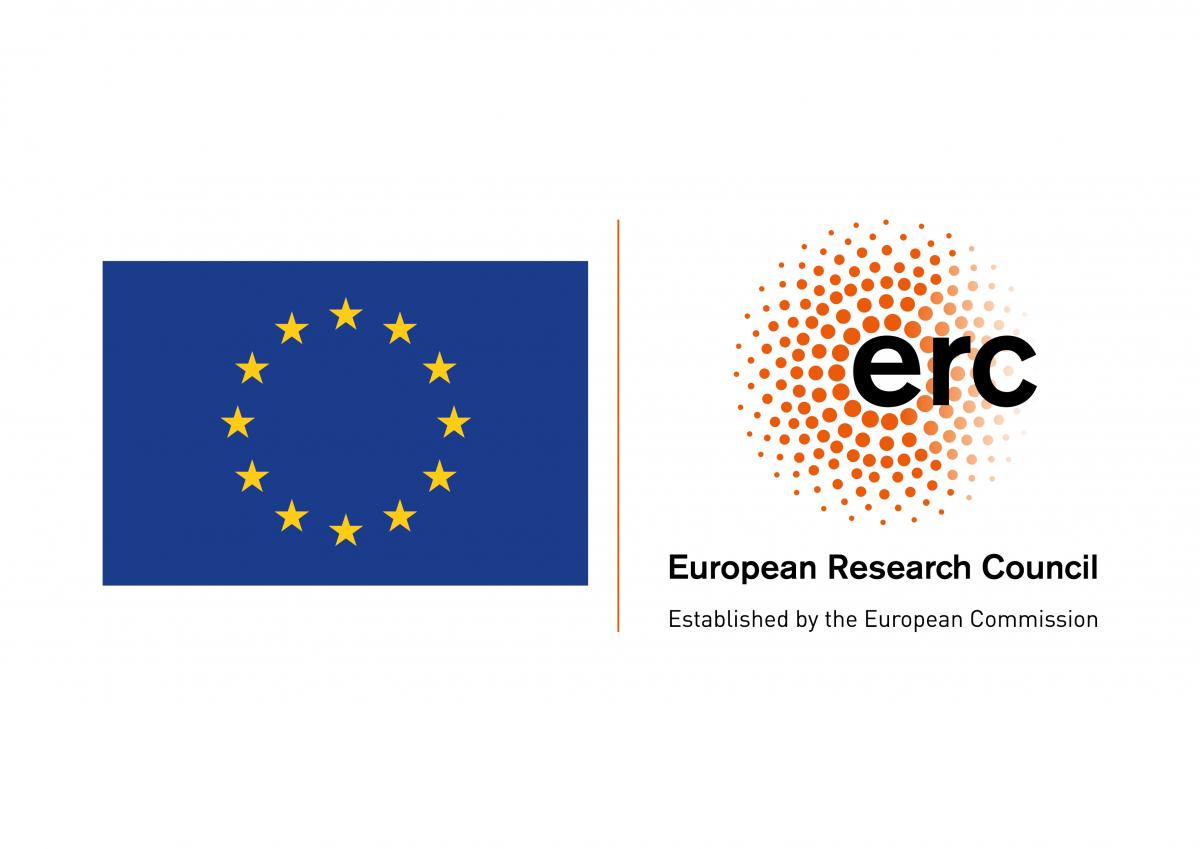Bruno Hudry, CNRS researcher and team leader at iBV has just been awarded the prestigious ERC Starting Grant from the European Research Council (ERC) for his project entitled “CellSex: The importance of cellular sex in physiology and the underlying mechanisms”.
The difference between males and females constitutes the largest phenotypic dimorphism in most species. In humans, this variation accounts for differences seen in the risk, incidence and response to treatment for a plethora of diseases; and much of these striking differences are not explained at this time. Using Drosophila as a model system, the CellSex project aims at understanding how sex chromosomes affect physiology at cell, tissue and organism level. This question has been poorly investigated in part due to the technical challenges for studying sex chromosome effects experimentally. By developing new and innovative genetic methods, the group of Bruno Hudry will use Drosophila and its remarkable genetic toolkit to generate, for the first time, mosaic animals in which sex chromosomes will be genetically manipulated in defined organs. The results of this research should have a major impact on our understanding of the importance of cellular sex in normal physiology and disease.

After studying at the Ecole Normale Supérieure in Lyon, Bruno Hudry carried out his PhD thesis at the Institute of Biology of Development of Marseille – Luminy (2007-2011). During his post-doctoral internship at Imperial College in London (UK)(2013-2018), Bruno Hudry discovered a new role of sex chromosomes in adult somatic cells. Recruited at the CNRS in 2018, he pursued his work on the role of sex chromosomes and, more generally, on the mechanisms behind gender differences. In 2018, Bruno Hudry was awarded an ATIP/AVENIR competitive grant and was recruited at the Institute of Biology Valrose (iBV, Nice) to develop his own research group.

